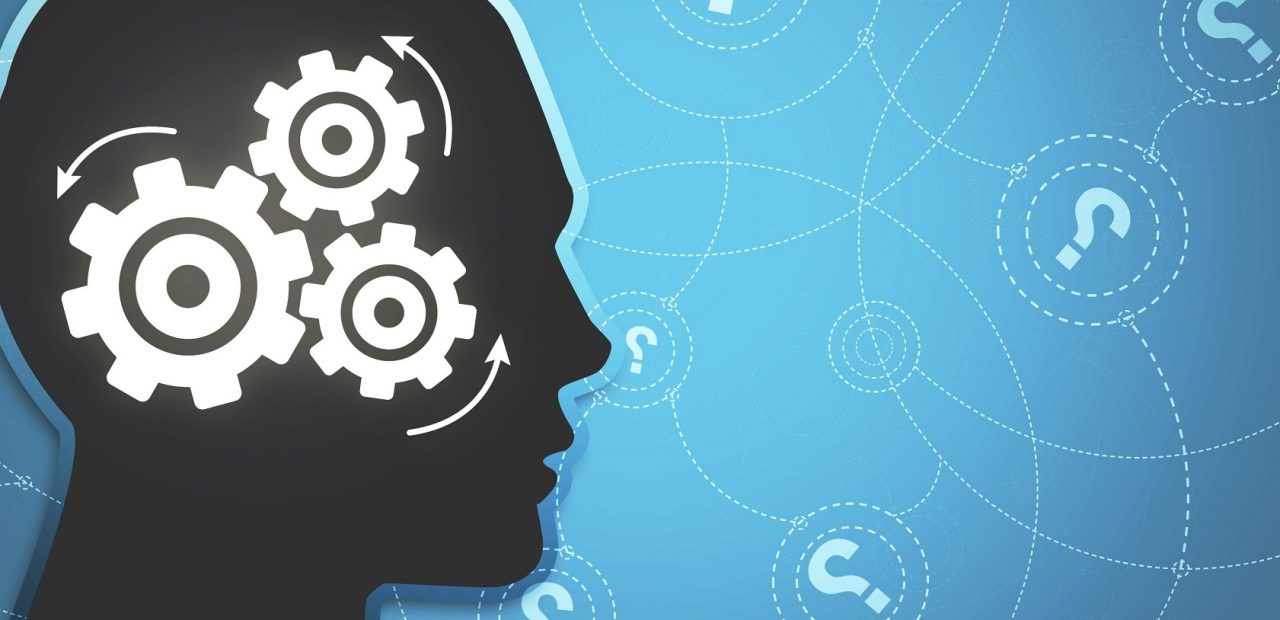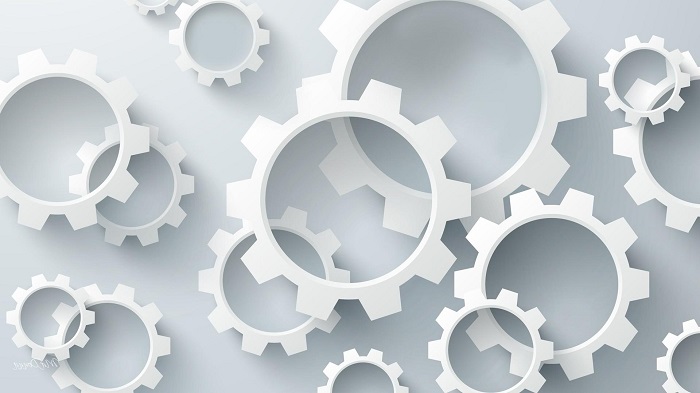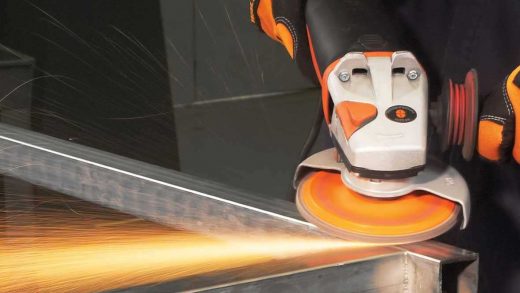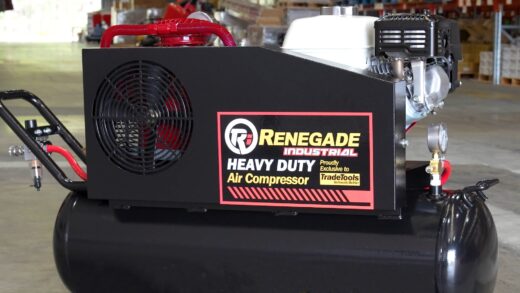Automation Systems: Tracing Back the Initial Idea
We live in a time surrounded by technology and it is such a big part of our everyday life that we cant even imagine what the world would be like without it. Today we have machines performing even the most trivial everyday tasks for us and we act like it’s not big deal. And the funny thing is, it has only been around a hundred years since technology really took off.
Believe it or not, computer technology wasn’t invented so you can watch cat videos on the Internet all day, it was invented out of necessity. The basic principles of how computers work today, date back to the 1800s and the invention of the loom which uses punched cards to automatically weave various fabric design. By that time the industrial revolution was in full swing and people were focused on increasing the productivity in factories which eventually led to a new automated processes of manufacturing which evolved into the robots used by various industries today.
The term industrial automation covers the use of various control systems to operate equipment such as machines that carry out processes with levels of speed, precision, consistency, and stamina beyond the capability of human workers. Certain process have reduced or minimal human intervention, while there are also some that are completely automated.
Although automation systems are relatively new, the idea of automation actually dates back to ancient Greece. The earliest mention of this can be found in Homer’s “The Iliad”. There he describes a tale of the the Greek god Hephaestus, the god of craftsmen, artisans, blacksmiths, metallurgy, and fire, who created automatons to help him manufacture the weapons used by the gods of Mount Olympus. These automatons were self-operating machines, or robots if you will, fashioned from metal that made the production of magnificent weapons possible. Of course, it is very unlikely that these automatons existed, however, it proves that automation is not a modern idea.
At first, people feared industrial automation because it threatened to completely replace human labor, but in time they learned to embrace as it completely changed our society and opened up new possibilities.
One of the greatest benefits of efficient automation systems today is that they help industries across the globe to significantly reduce operating costs and increase the level of productivity. Although the initial investment can be quite expensive, it can save millions of dollars in the long run. Unlike human workers, these automated machines don’t need monthly wages, health insurance, or rest, they can operate 24/7 with maximum precision, consistency and minimal room for error.


















